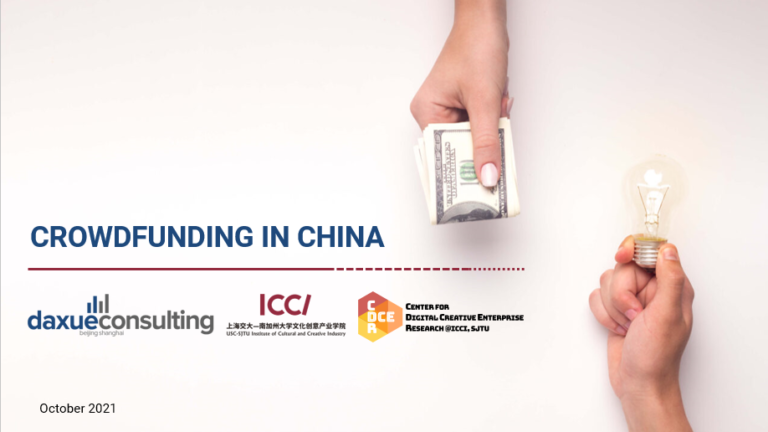Alipay and WeChat different from Paypal
In this episode of Daxue Talks Steve Hopkins, China’s fintech specialist talks about how Alipay and WeChat are different from Paypal.
Full transcript below:
Hi everyone, my name is Steve Hopkins. I’ve been operating within the Chinese fintech industry for the past several years, working at Chinese hedge funds, robo advisors, cryptocurrency investment banks and wealth-tech start-ups across Mainland and Hong Kong. I’ve been studying Chinese language and culture for the past 10+ years and I’m the co-founder of The China Guys. TCG is a firm full of professional Chinese watchers that track regulatory, economic and policy optics within China’s business landscape and present them indigestible bite-sized pieces through newsletters and research articles. For clients with more specialized needs, we also provide tailored consultative services within the Chinese market. We’re newly started but I would love it if anyone listening to this would check us out at TheChinaGuys.com. I’m excited to be presenting this talk for Daxue Consulting and let’s get started.
How are Alipay and WeChat pay different from PayPal and why are third party payment fees so much lower in China than in the West?
So, I don’t know that’s necessarily a one to one comparison. PayPal is by definition a settlement system, so basically, it’s just a third party that’s acting as an intermediary between two different banks and initiates a transfer of money between bank one and bank two and obviously these banks are representing people here. Because of its business model, because it’s based out of the US which typically has a higher cost of access to financial institutions and capital in general, it’s pretty well optimized for more medium to high-value transactions, again because it has a relatively higher cost per transaction. Due to their bank transfer fees or at least the banks that they’re dealing with, the associate card transfer fees, platform fees, compliance overhead, everything that you can kind of classify into that category.
But Alibaba and Alipay specifically, on the other hand, their primary product isn’t actually a settlement system. It’s a digital wallet, which means that as a user of Alipay, you’re able to connect your bank over to these wallets and then top up these digital wallets. But then you’re able because you’ve already topped up a specific amount of money. You can make a lot of transactions from this Alipay digital wallet to another user’s digital wallet and so because of that each transaction that you’re initiating, going from your e-wallet to another users e-wallet, its distributing that initial top-up fee across a whole multitude of transactions, which means that not only are the initial top-up fees a little bit cheaper than in the United States would be, but also you certainly have a system where you can really take part in a lot of microtransactions, which are transactions of very small amounts, all the way up to medium and large-sized transactions which from a broader perspective means that those initial top-up fees are being distributed around a larger amount of fee bases, which mean that the cost per transaction is actually a lot lower than it would be for a comparative player like PayPal.
The other part of this is because PayPal connects between different banks, you’re only really going to be able to have one transfer as part of a transaction, but because everyone that’s using Alipay is within the Alipay ecosystem so to say – so, if you are user A transferring to user B, there’s not actually really an underlying transfer of money there. Alibaba is just basically able to change the numbers on your ledger that represents how much money you have in your digital wallet, and change in tandem user B’s – the receiver of this money – change the numbers associated with their digital wallet. And so because it’s just changing the numbers rather than actually moving the money through a system, there’s comparatively low – much lower overhead per transaction which overall lowers the total cost per transaction, per user, etc. and so the other part of this is that Alibaba obviously also has a vested interest in keeping cost low so that their users are also directed towards participating in some of their other services. Alibaba is a huge firm, it offers a lot of services, for example, TMall, Taobao – Alipay is the only accepted payment channel for these two services, if you want to purchase on Taobao, you can only really use Alipay, so obviously they want to onboard as many users as they can, they want these users to be comfortable in using this payment channel, etc. – so that it will carry over to some of their other product offerings that the company offers.
Any questions? We will find an expert to answer them. Drop your questions in the comments or send us an email – dx@daxueconsulting.com.





